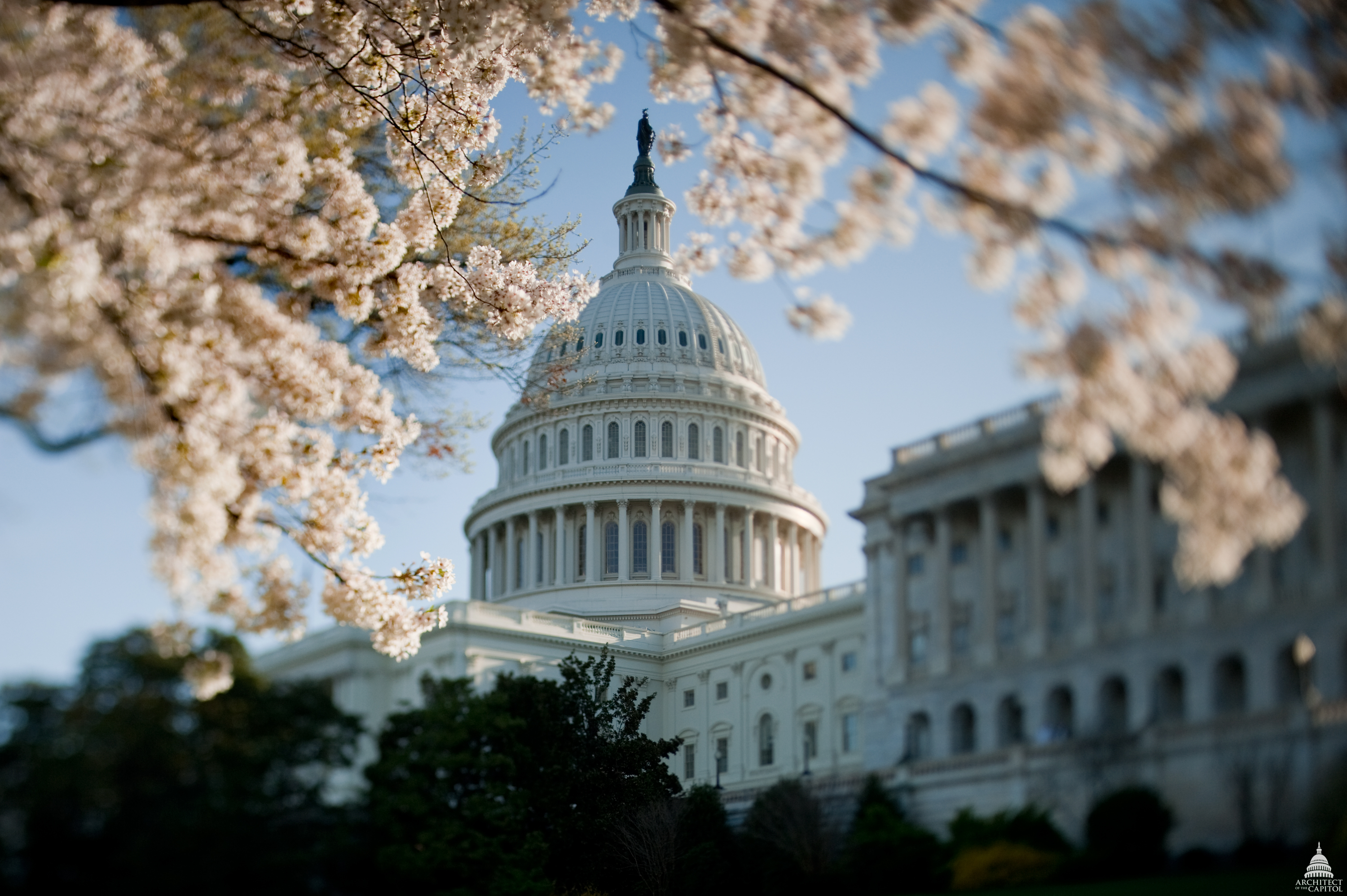House Dems Introduce Section 230 Bill
Would target algorithms promoting dangerous content

The smarter way to stay on top of the multichannel video marketplace. Sign up below.
You are now subscribed
Your newsletter sign-up was successful
A pair of House Democrats have introduced a bill that would take a new tack on reforming Section 230, the provision that grants immunity to social platforms for most of the content on their sites, targeting online algorithms they argue facilitate offline violence.
Reps. Anna Eshoo (D-Calif.) and Tom Malinowski (D-N.J.) on Tuesday (Oct. 20) introduced the Protecting Americans from Dangerous Algorithms Act, which would attempt to hold large web platforms (50 million or more users) accountable "for their algorithmic amplification of harmful, radicalizing content that leads to offline violence."
The bill would amend Section 230 to remove immunity if an algorithm "is used to amplify or recommend content directly relevant to a case involving interference with civil rights (42 U.S.C. 1985); neglect to prevent interference with civil rights (42 U.S.C. 1986); and in cases involving acts of international terrorism (18 U.S.C. 2333). 42 U.S.C."
Those cases are central to a suit filed against Facebook alleging it facilitated "militia violence" in Wisconsin and another against the social media giant for allegedly facilitating terrorism.
A former Facebook exec told House members at a hearing last month that the site, at least in the past, was designed to promote content that drives engagement, even if it was misinformation, conspiracy theories and fake news.
Tim Kendall, Facebook's first director of monetization and former Pinterest president, told the legislators at the hearing that Facebook and other social media sites "worship at the altar of engagement and cast all other concerns aside, raising the voices of division, anger, hate and misinformation to drown out the voices of truth, justice, morality, and peace."
Republicans are also pushing for Section 230 reforms, but Eshoo and Malinowski say their bill is different because it preserves the core of the section that protects speech, is targeted at algorithms that promote content leading to "the worst types of offline harms," and does not seek to "mandate political neutrality."
The smarter way to stay on top of the multichannel video marketplace. Sign up below.
Related: Coalition Says Safer Web Means No Sec. 230 Immunity
"I was a conferee for the legislation that codified Section 230 into federal law in 1996, and I remain a steadfast supporter of the underlying principle of promoting speech online," said Eshoo. "However, algorithmic promotion of content that radicalizes individuals is a new problem that necessitates Congress to update the law,” said Congresswoman Eshoo. "Amidst the recent flurry of politically motivated activity related to Section 230, I’m proud to partner with Congressman Tom Malinowski on a serious effort to respond to the specific and abhorrent problem of online radicalization that leads to offline violence."
Related: Computer Cos. Say Leave Section 230 Alone
Republicans argue Twitter's flagging of President's Trump's tweet about "when the looting starts the shooting starts" was censoring speech, while Democrats view it as flagging the sort of online content that could lead to offline violence.
On a separate track, the President is trying to get the FCC to reform Section 230, or at least its enforcement, citing censorship of conservative content though he has also called for eliminating the section altogether.
Contributing editor John Eggerton has been an editor and/or writer on media regulation, legislation and policy for over four decades, including covering the FCC, FTC, Congress, the major media trade associations, and the federal courts. In addition to Multichannel News and Broadcasting + Cable, his work has appeared in Radio World, TV Technology, TV Fax, This Week in Consumer Electronics, Variety and the Encyclopedia Britannica.

